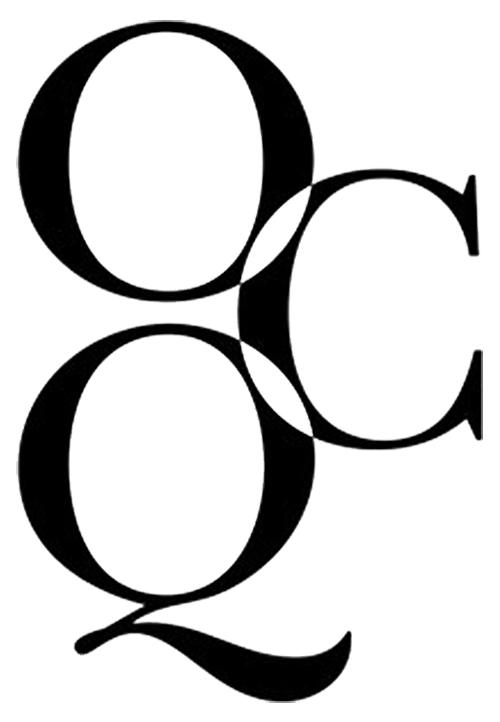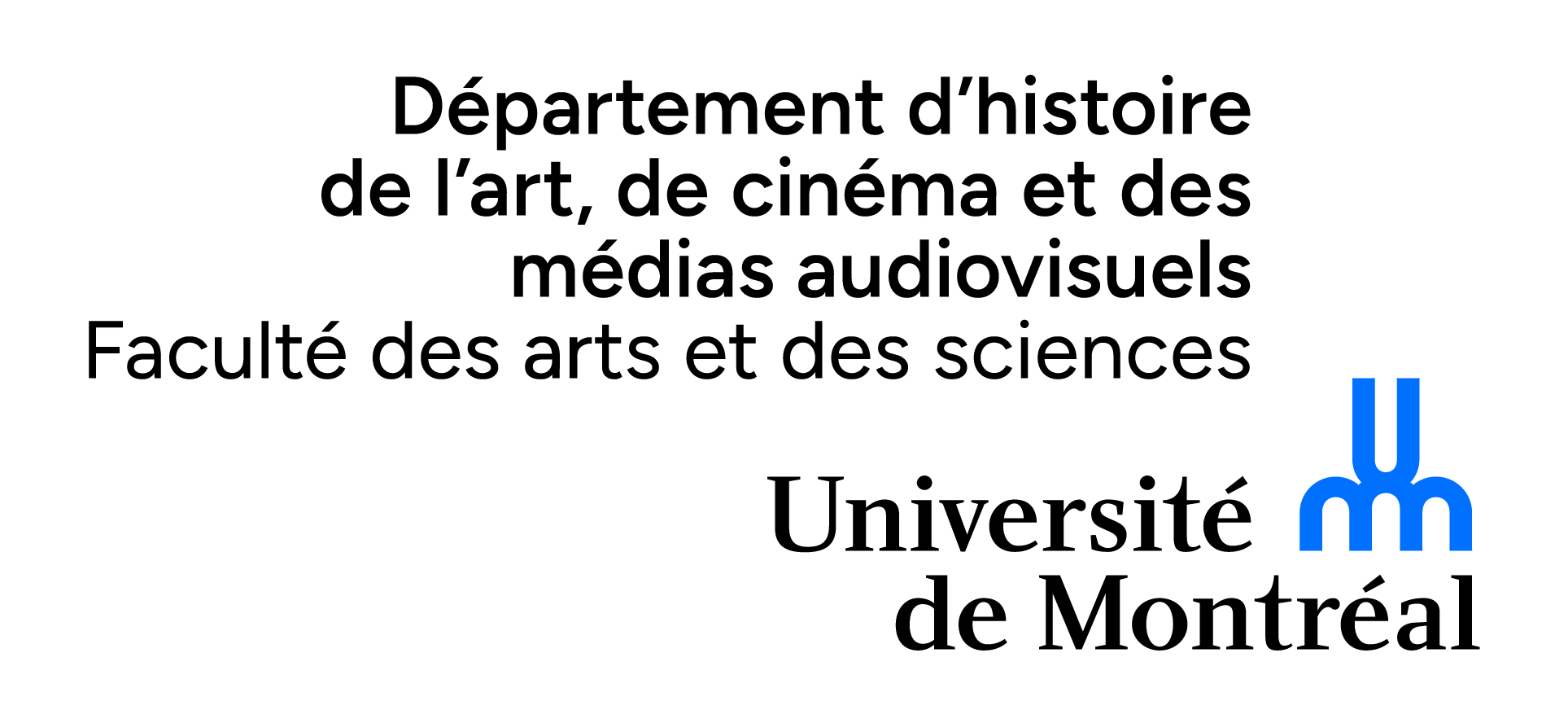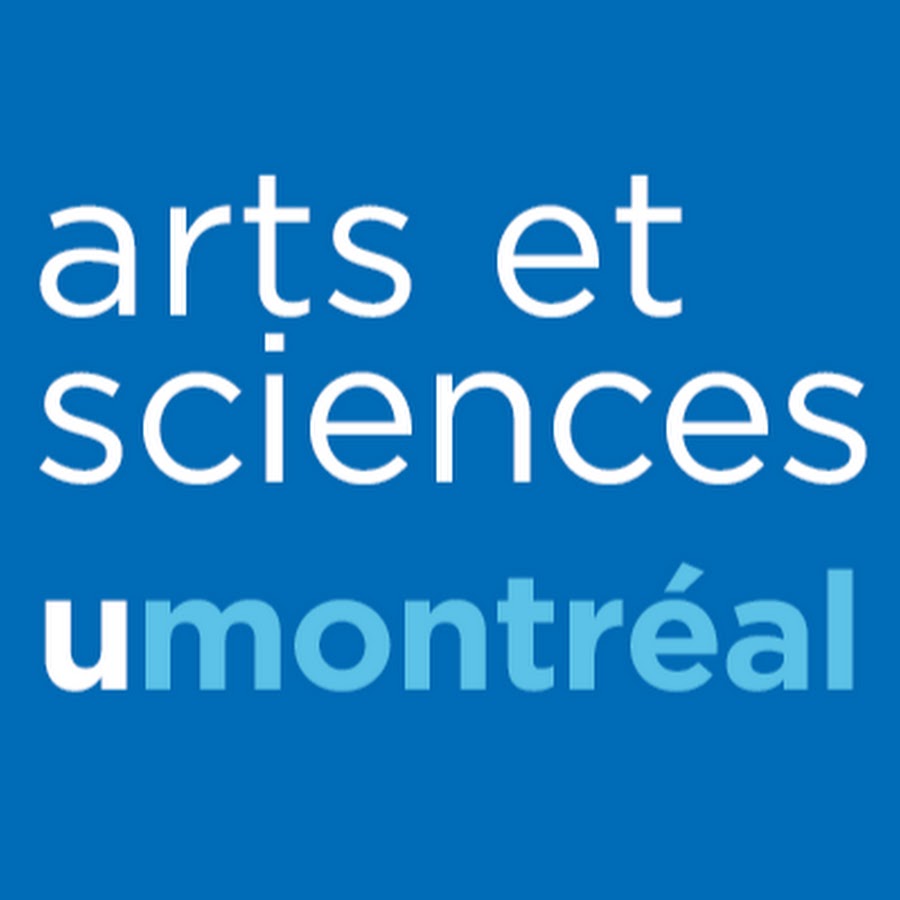About
Labo Télé, founded in 2015 by Marta Boni within the Département d’histoire de l’art, de cinéma et des médias audiovisuels of the Faculté des arts et de sciences at Université de Montréal, is an interdisciplinary space dedicated to thinking about television. Its initial aim was to integrate television studies into the university setting, a field of research that has been booming since the 2000s. As a result, Labo Télé is committed to developing tools for analyzing the aesthetic and narrative aspects, technologies and audience uses of TV series.
In keeping with the interdisciplinary and intermedial tradition of UdeM’s Département d’histoire de l’art, de cinéma et des médias audiovisuels —which favours a theoretical and practical approach across a range of artistic media such as the visual arts, cinema and video games—Labo Télé broadens its scope to include the study of television. In particular, it integrates image and sound analysis, technological mutations in the digital age, and cultural studies. The laboratory’s approach is enriched by its involvement in a network of local and international researchers.
Labo Télé is based on the observation that television is evolving in a “post-network” era (Lotz 2007), where contemporary series remain television products, even if their distribution is no longer limited to the traditional television medium. The changes brought about by the digital industry are transforming the audience experience, now characterized by delinearization. Labo Télé therefore adopts a pragmatic approach that considers the narrative and aesthetic forms of TV series in perpetual evolution according to their platform and uses.
In response to the proliferation of TV series, Labo Télé explores methods based on digital humanities, such as the video essay consisting of producing analyses rooted in a reflection on form, rhythm and affective attachment to sequences, or quantitative analysis inspired by the notion of “distant reading” (Moretti 2013). From this perspective, reception is an integral part of the serial phenomenon, encompassing narrative, form and the traces of audiences’ rewritings. Thus, the laboratory aims to produce and analyze knowledge about TV series in a context where the quantity of productions is reaching a level often referred to as “peak television” (Landgraf 2016).
Ethical positioning
Labo Télé opposes systemic racism, oppression and sexual harassment, and expresses the need to combat these persistent forms of violence. In the context of numerous movements denouncing systemic inequalities, Labo Télé is committed to highlighting the potential pitfalls underlying the university pathway and linked to identity and formative dimensions. In particular, Labo Télé presents the study of television as a way of raising awareness of issues of visibility and invisibility of crucial themes, such as representations (gender, sex, race, etc.). The aim is for members of the research group to become aware of the biases present in research while navigating contexts charged with stereotypes and oppression.
Labo Télé is also committed to anticipating and correcting problems specific to academic institutions, notably by combating the arbitrary excesses that can arise from pedagogical relationships, problems of inclusion and hierarchy within the organization of events, and mechanisms of exclusion and marginalization in the writing and publishing process. To this end, proposed solutions include internal conversations to reflect on ways of countering the flaws of an oppressive system, actions such as the creation of an inclusive bibliography and the offer of several opportunities to students of all cycles. In research, Labo Télé continues to better define and understand the gaps that need to be filled in terms of content and methods.
Collaborations

Laboratoire CinéMédias
On fan communities in popular culture.

Grafim
Research group on the emergence and formation of media identities.

Observatoire du cinéma au Québec
Since 2015, the Labo Télé has contributed to the organization of the OCQ Tuesdays, conferences organized by the Observatoire du cinéma au Québec that take place every Tuesday during the academic semesters.

Sensibilités Queer (SQS)
A research-creation laboratory whose contributions revolve around "sensitive" media and cultural issues.



